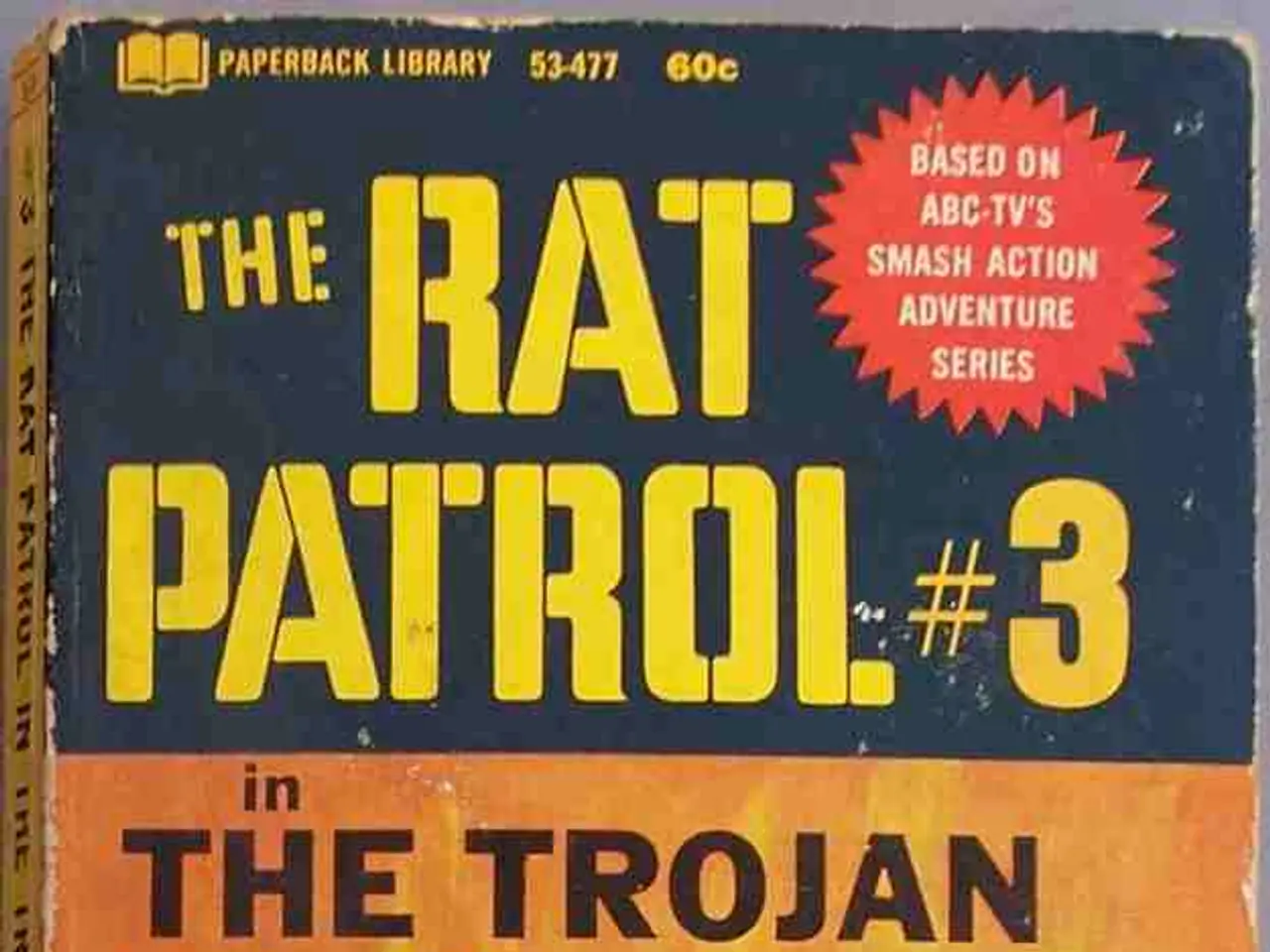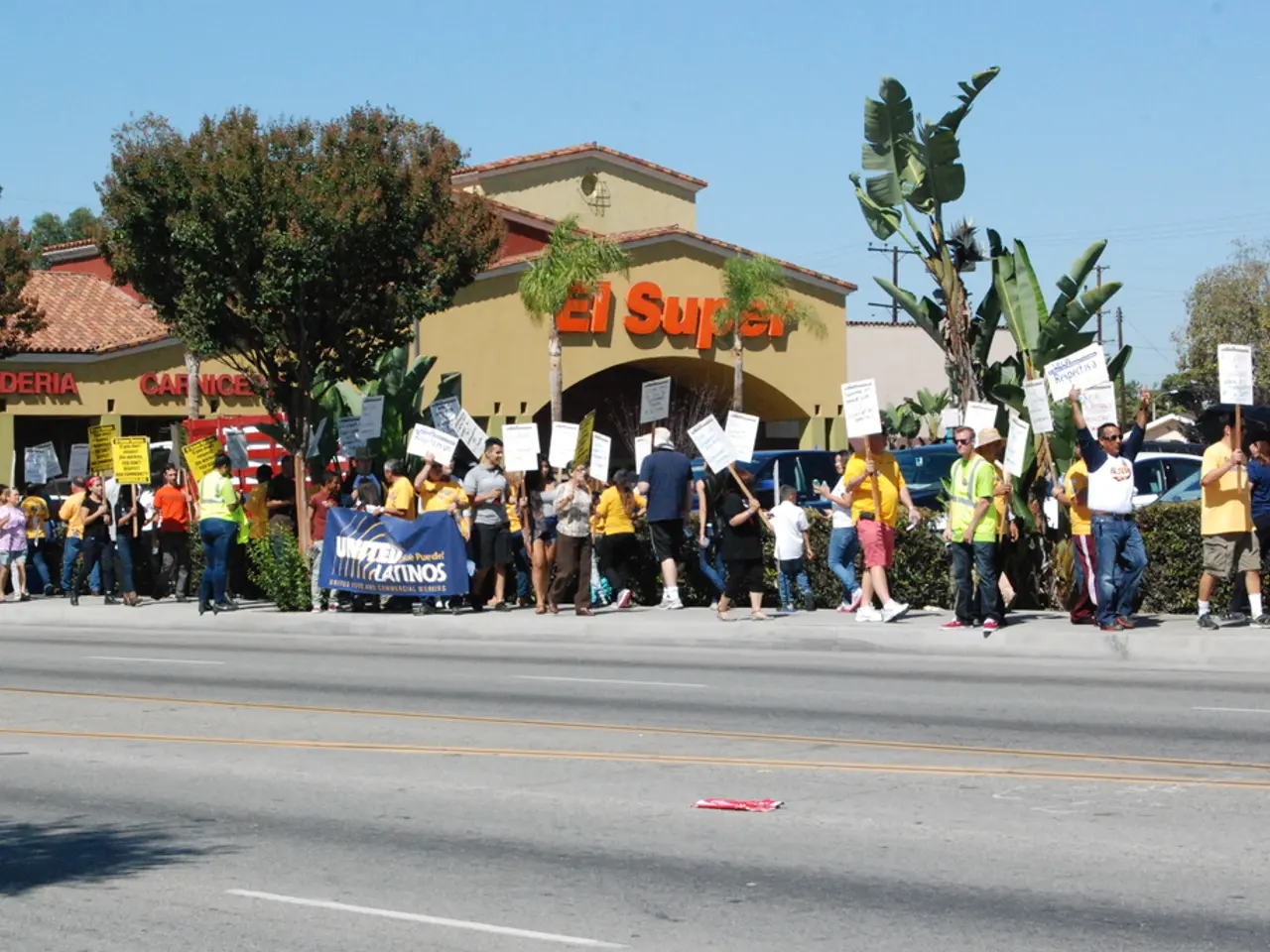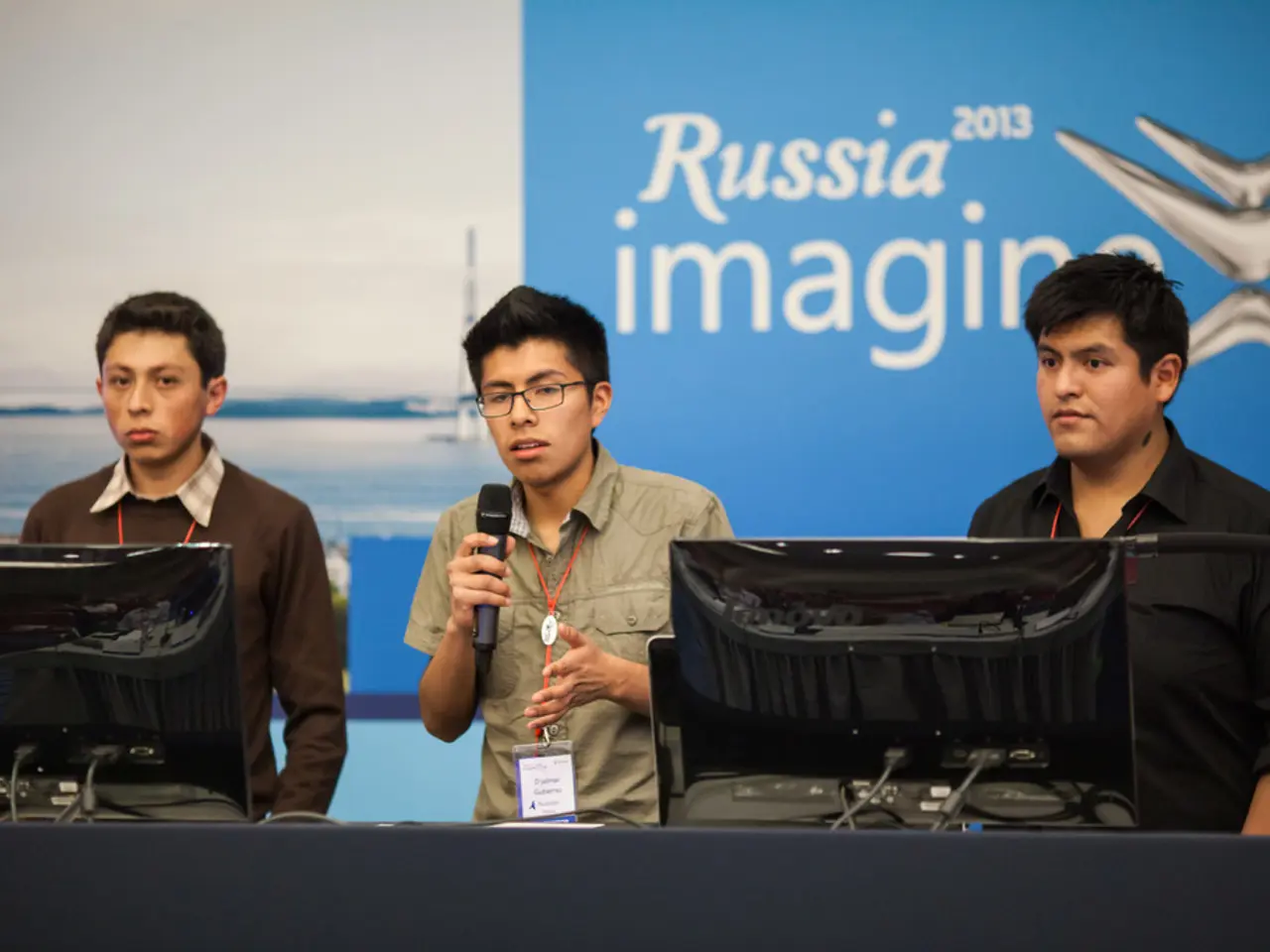John Jay's Quiet Revolution: Contributions in the Revolutionary War
John Jay: A Pillar of the American Revolution and Early Nation-Building
John Jay, born in 1745 in New York City, played a significant role in shaping the course of American history during the Revolutionary War and the early years of the United States. His contributions, spanning diplomacy, law, and governance, continue to be felt today.
Jay's loyalty to the American cause was not always certain. Initially, he leaned towards the British, but as the tides of revolution swept across the colonies, Jay underwent a transformation, becoming a fervent supporter of the American Revolution. His dedication to the cause was evident in his membership of the Sons of Liberty, an organisation that organised protests against British policies.
During the Revolutionary War, Jay was appointed Ambassador to Spain (1779–1782), where he successfully secured financial aid essential for sustaining the revolution. His diplomatic prowess was further demonstrated in the negotiation of the Treaty of Paris in 1783, which formally recognised American independence and delineated the boundaries of the newly established nation. This treaty marked a key diplomatic victory for the young nation.
Jay's commitment to the rule of law played a pivotal role in establishing a robust federal government. He co-authored four of the Federalist Papers, essays supporting ratification of the United States Constitution, thus helping establish the nation's legal framework. Jay then served as the first Chief Justice of the United States Supreme Court (1789–1795), where he set important judicial precedents that shaped the U.S. judiciary.
Jay's diplomatic endeavors also played a critical role in garnering the backing necessary for the American victory in the Revolutionary War. He negotiated treaties with Native American tribes, securing their neutrality or active support for the American cause.
Jay's multifaceted involvement in the American Revolution and the formation of the United States highlighted his dedication to the long-term vision of the nation. His advocacy for the rule of law and the establishment of a strong federal government were cornerstones of his political philosophy.
In addition to his legal and diplomatic work, Jay also engaged in state governance. He served as the second governor of New York (1795–1801), implementing significant reforms including improvements in the court and penal systems, abolition of slavery in the state, and economic development through infrastructure projects.
In summary, Jay's key contributions during the Revolutionary War were diplomatic—securing Spanish support and negotiating peace—and his subsequent impact includes foundational legal work, diplomacy that shaped U.S.-British relations, judicial leadership, and state governance reforms that collectively helped stabilise and build the United States as a new nation. His legacy, characterised by his commitment to peace and the constitutional framework of the United States, continues to be felt today.
- John Jay's diplomatic negotiations, such as securing Spanish aid during the Revolutionary War and negotiating the Treaty of Paris, have led to significant general-news stories throughout American history.
- In the realm of politics, John Jay's co-authorship of the Federalist Papers and service as the first Chief Justice of the United States Supreme Court laid the groundwork for the rule of law in the newly formed nation, making headlines in both the historical general-news sphere and ongoing discourse.




